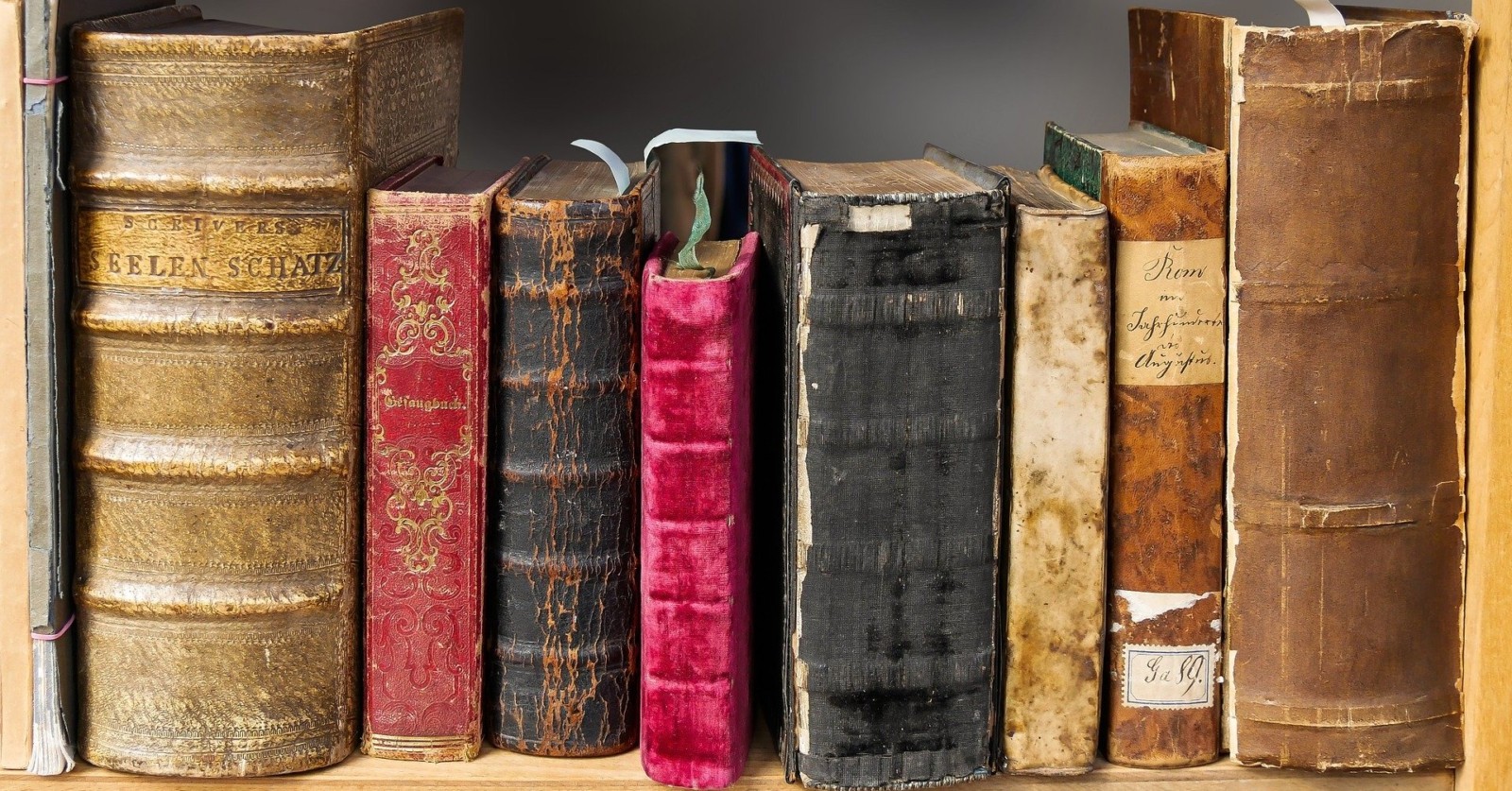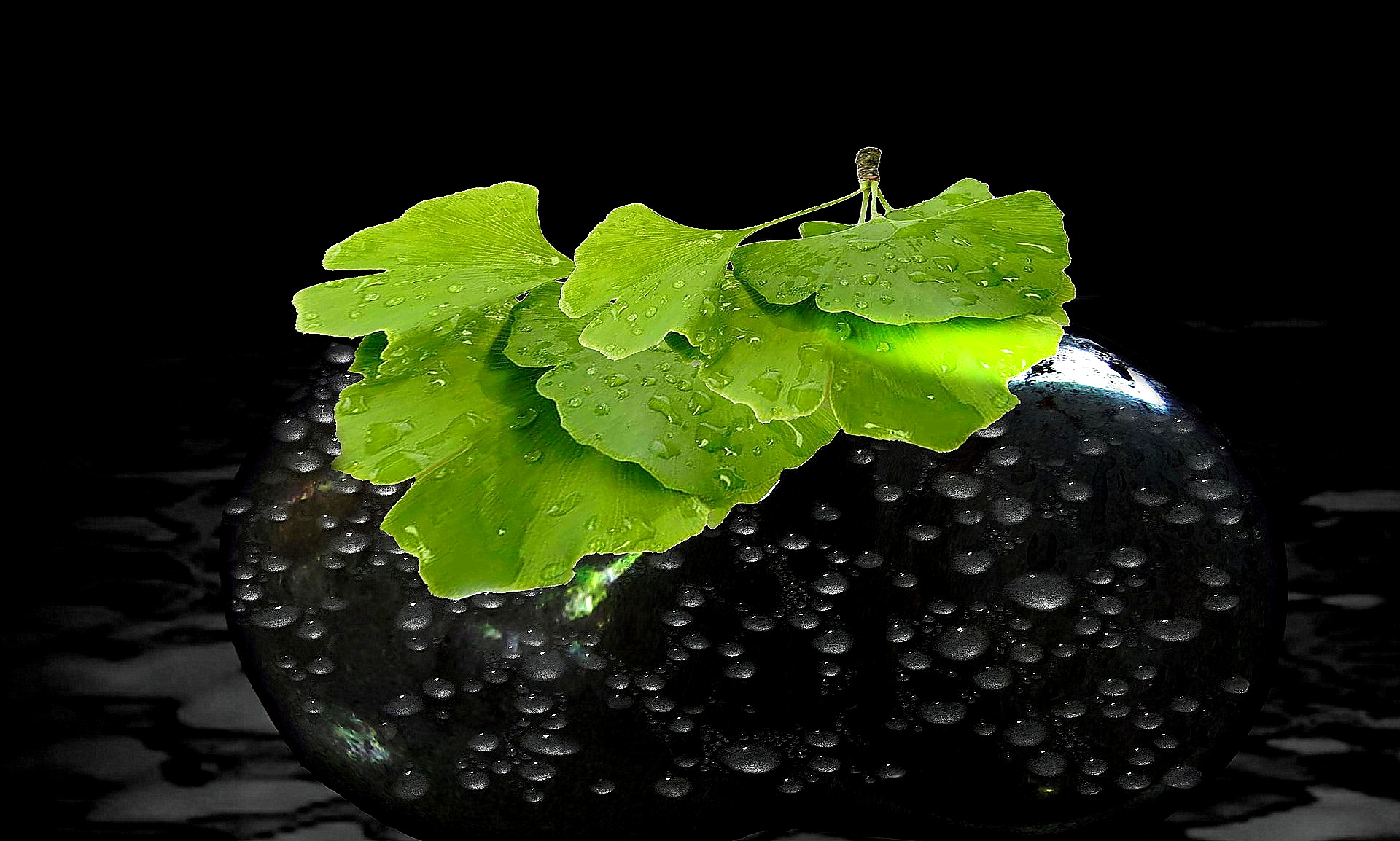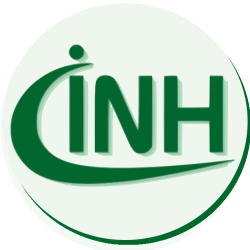
“Old knowledge is just – old.”
When it comes to alternative, complementary and holistic healing methods or even herbs, people like to argue with “old knowledge”. But what does that mean? Out of a conglomeration of records, traditions, old customs and the like, every self-proclaimed wellness expert or every clairvoyant herbal witch will find something appropriate and declare the remedy or procedure to be effective according to today’s criteria, because it is “old knowledge”.
“Old knowledge” contains the experiences handed down at that time, today we speak of anecdotes. Certainly, some individual experiences and anecdotes are also true according to today’s knowledge, but this cannot be generalized. The majority of them are only apparent facts. If the age of knowledge were a positive distinguishing feature, we would have to assume that the knowledge of the ancients was correct to a very high degree. Can we say this in medicine? That would be very presumptuous. The knowledge that has not proved its worth over time has been forgotten, is no longer present today and therefore we simply lack an overview. So the conclusion – old = proven and correct – is not justified.
Nevertheless, advertising is made daily for mostly outdated therapies and remedies whose effectiveness is written in the stars. Such outdated things preserve themselves by justification with “old knowledge” and the former magical ideas. However, with new knowledge, explanations look different and there is usually no evidence of their effectiveness by today’s standards.
The spectrum of “old knowledge” ranges from superstitious and magical ideas and practices to a knowledge that certain herbal preparations are indigestible to poisonous. A distinction between effects based on magical ideas and – to put it in modern terms – pharmacological effects in the modern sense, however, did not exist in the past. Magic and science were not separated. Practically experienceable effects were explained by magical ideas.
There is no doubt that there is an immense amount of written records in herbal books etc. from all millennia, in which the effects of certain herbs and other things are reported. In the light of modern pharmacology and all the factors that have to be taken into account when testing the efficacy of herbs today, however, old traditional efficacy reports are not suitable evidence to confirm efficacy in the modern sense.
The selection of medicinal plants, for example, was made according to the bold rules of symbolism, astrology, etc., and also from a religious point of view. For example, special effects were attributed to the plants, which were somehow connected with the Mother of God or the Child Jesus. Just think of all that was done to obtain healing relics.
But it is also a fact that magical ideas and actions were part of the indispensable repertoire of every healing treatment. A bleeding wound, a broken leg, headaches, fever, birth problems, numerous infections etc. were always more or less ceremonially conjured. And people were convinced that the invocation was indispensable and effective for healing. This also belongs to the “old knowledge” and cannot be separated from it.
Drugs and therapies with reasonably assessable and therefore predictable effectiveness in the modern sense have been around for not much more than 150 years. Nevertheless, it has always been possible to become healthy simply like that – with or without a placebo effect. Voltaire sharp-tongued remarked that the art of medicine is to keep the patient in good spirits until nature has cured him. And Voltaire was right to criticize the doctors and their medicine at the time, for even the highly learned Medici had no better success than the common people with their customary folk medicine. And, of course, the jugglers and charlatans were not only rather but highly successful in the marketplaces – and they still are today.
The description of the poisoning of Socrates with hemlock is in complete agreement with our assured knowledge of the effects of Conium maculatum, but there are not many such highlights. Thanks to our modern knowledge in pharmacology and pharmacognosy we can confirm the poisoning. But why Conium maculatum or Coniin is poisonous is not explained by the “old knowledge”. The factors that we know or have recognized today, which stand in the way of objectifying the effectiveness or prevent it, are not new but have always been present.
An entire health industry today is peddling highly selective “old knowledge”. Nostalgic and romantic feelings are cleverly stirred up and served. Everything in the past is declared as “natural” and “biological”. But – every knowledge must be verifiable at any time by anyone (intersubjectivity). Only in this way can further development take place. However, the so-called knowledge from experience is limited to the highest degree. It depends on the level of knowledge and the degree of critical scepticism with which these experiences were gained.
Of course, there is also valid (but often expandable) old knowledge, e.g. in geometry the theorem of Thales, which says that all angles on the semicircular arc are right angles or the Pythagorean theorem that the sum of the areas of the squares over the two catheters is equal to the square area of the hypotenuse. Only in medicine is such knowledge, which has lasted until today, very rare.
Conclusion: Old knowledge is ultimately an argument based on (past, historical, handed down) “authority”. And that counts scientifically – nothing at all. And especially in homeopathy, 200 years after Hahnemann, we simply own much better knowledge today.
(The author Dr. Edmund Berndt, member of the Information Network Homeopathy, is retired pharmacist living in Austria)
In this context, we also recommend our article “Homeopathy is Esotericism“.
Picture by Gerhard Gellinger on Pixabay

